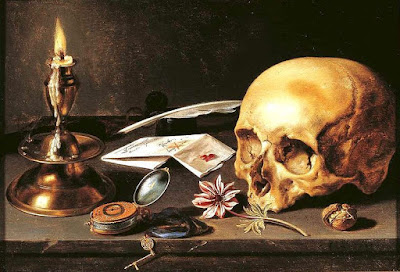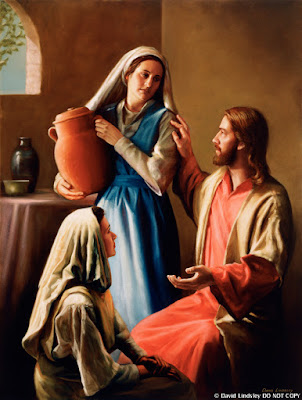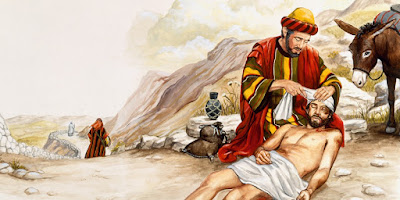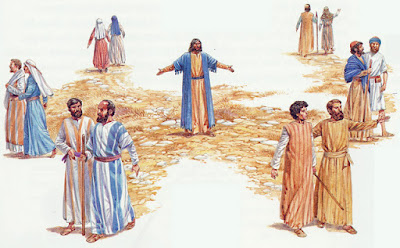Riches and Poverty: the foolishness of our time.

August 4 2019: Eighteenth Sunday in Ordinary Time READINGS: Ecc 1:2; 2:21-23 ; Ps 90:3-4, 5-6, 12-13, 14 and 17 ; Col 3:1-5, 9-11 ; Lk 12:13-21 A French proverb says, “At his death, the richest man carries nothing away with him but a shroud.” There is a sad constant in our societies and in the world, the thirst for possession and the consumerism. This has been since the creation and still more actual today. We are a society of consummation. In this sense, we all move in accumulation. We want our jam-packed of everything. New clothes, news shoes, new cellphones, new cars, new houses… What was new yesterday loses it brightness and ends becoming old; therefore, we thirst for another. For many people, security means possession. To have nothing, starting with money is to live the most insecure life, opened to all uncertainties. This thirst for accumulation leads many people to be self-centered and to the saddest form of egoism: selfishness and indifference. Today’s li




